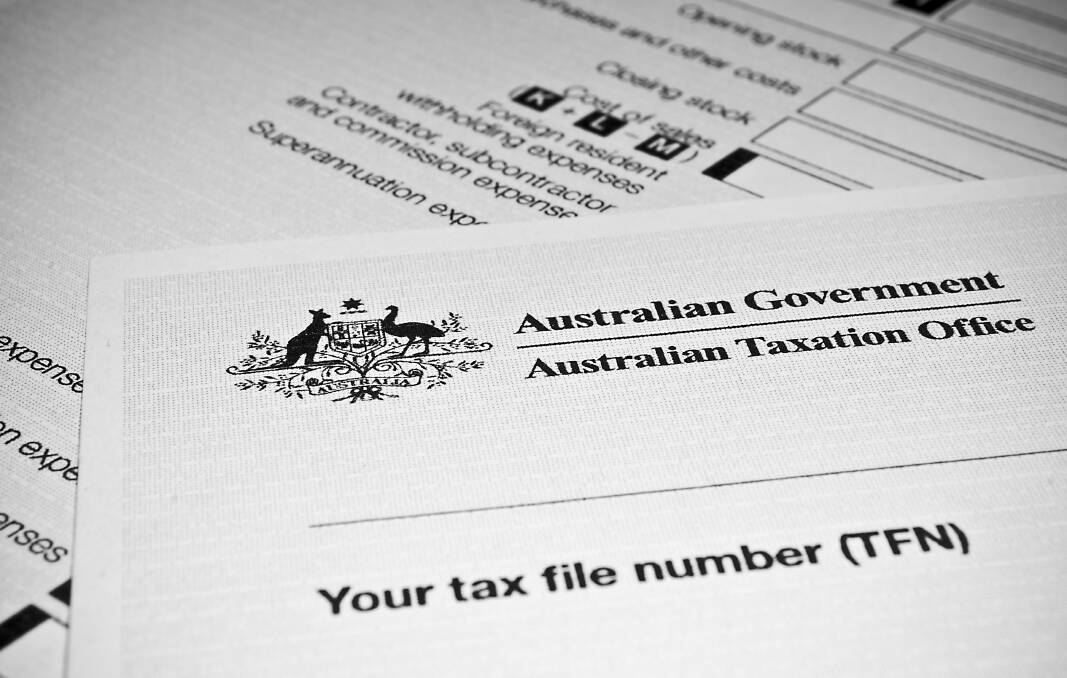Why finding lost super shouldn't be delayed

This is sponsored content for Australian Super Finder.
Superannuation, more commonly known as super, refers to money intended for every Australian's retirement or pension fund.
Putting money in one's superannuation fund is partly compulsory and highly encouraged by the government through tax incentives.
The objective of super is to enable Aussies to still receive an income stream after retirement.
Through what is called a "super guarantee," employers are required to pay a minimum of 9.5 per cent of an employee's earnings into their super account.
These earnings include payment rendered for regular work hours, allowances, bonuses, and some paid leave.
Generally, however, overtime payments don't qualify for a super contribution. Aside from employers, account holders themselves, and even the Australian government, may also put in money into super accounts.
Finding lost super
While a superannuation fund may sound like a beneficial program for many Aussies, it cannot be denied that numerous account holders have lost super.
In 2017, the Australian Taxation Office (ATO) reported at least 6.3 million lost super accounts.
Employees who typically lose their super are those who have moved or changed their address, have changed their employment, or whose circumstance qualifies them for having lost super.
Two conditions must be met for super to be considered lost, namely if the account holder cannot be contacted, and if the account is inactive.
Aussies who have lost super, therefore, must immediately file a claim in order to reduce fees, as well as grow their super before reaching their preservation age, which is 65 years.
For more information about claiming lost super, watch this video:
In 2017, the ATO reported there was 17.5 billion Australian dollars worth of lost super.
As the taxation office treats super as a form of savings, unclaimed balances will be shared over a common time after a prescriptive period.
Thus, it becomes important for an account holder to double-check their super account with a local branch of the ATO in order to prevent it from being claimed by another individual.
Another reason why finding lost super becomes crucial is that the money in the account can be used during emergencies when finances are tight.
However, one must note that strict rules apply when withdrawing money from a super account before reaching their preservation age.
Though not impossible, certain grounds must be met in order for an account holder to qualify for the compassionate grounds benefit provisions, which is overseen by the Department of Human Services.
An account holder must bear proof that they are unable to pay for the emergency expense without access to the money in their superannuation fund.

Special circumstances that may qualify an account holder to withdraw from their super before retirement include medical or dental treatments for the individual or their dependent; treatment for life-threatening injuries or diseases; the alleviation of mental disturbances or chronic pain; medical transport in order to access necessary and specified treatments; palliative care; burial or funeral costs for their dependent; modifications involving the individual or dependent's home due to severe disability; and mortgage payments in order to prevent the forced sale of a home or foreclosure.
Withdrawing from a super account for terminal illness has no age limit and is tax-free. Any taxes that will be applied will depend on the type of the compassionate grounds benefit that an individual has shown proof for.
As also noted by the ATO, account holders will also lose their insurance coverage for super that has stayed lost and has already been transferred to the ATO.
Consolidating super into one account
Should an individual accumulate multiple super accounts, it is highly likely that one of these accounts has already become lost.
Multiple accounts make it more difficult for an individual to track them all, thus it is highly advisable for one to check and consolidate their super accounts into one.
In consolidating accounts, one must take into consideration penalties that may apply such as exit fees, loss of applicable benefits, or change of insurance coverage.
Hiring a qualified financial adviser may also be necessary when one has decided to consolidate multiple super accounts.
Conclusion
Australian citizens are entitled to super, as this is also a part of the taxes and contributions that they and their employers are paying for in order to provide them with a source of finance after retirement.
Unclaimed or idle super are reported by the ATO as such and added to their common fund.
Though these super accounts remain idle until claimed, it is best that account holders do not delay in finding their lost super, especially when the need for it arises.
For those who are quickly approaching retirement age, it is even more important that they make sure that their super is intact and in place.


